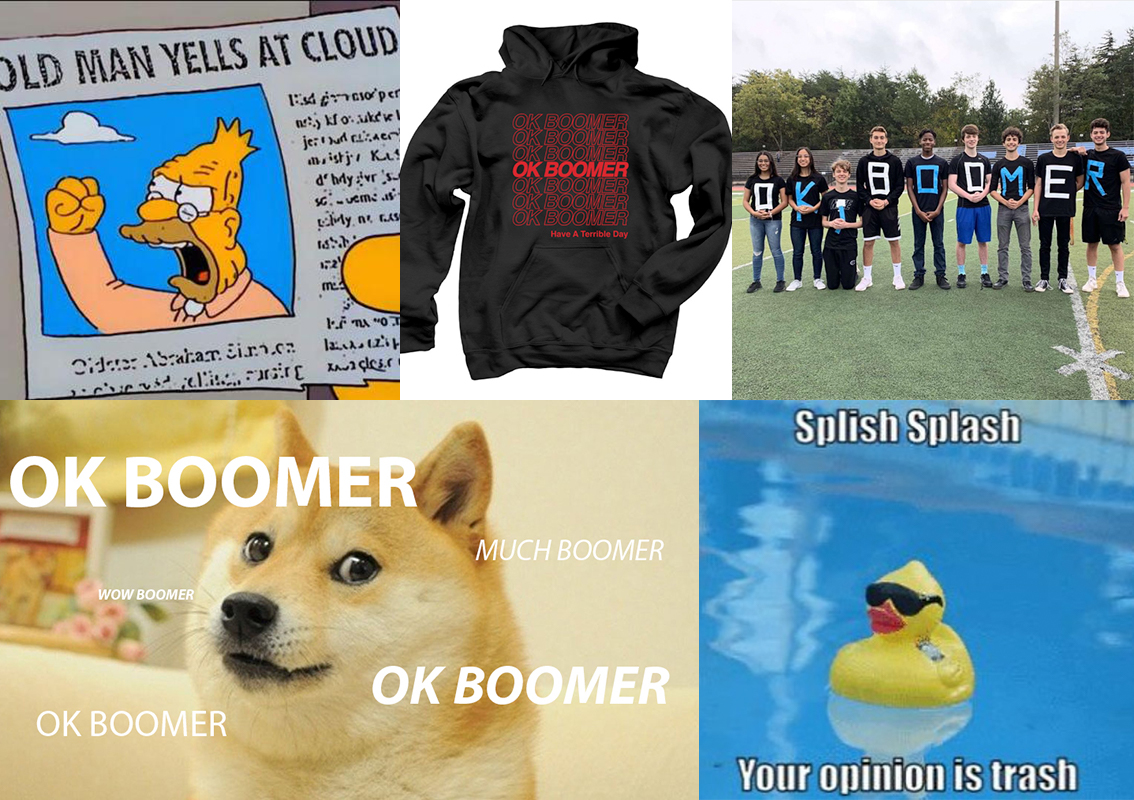|
|
|
IN THIS ISSUE
|
| Politics on Twitter, athlete endorsement deals and radioactive Brazil nuts.
|
|
|
|
|
|
The News Fix
|
Political campaigns are putting a lot more money into digital advertising this election cycle. The 2020 presidential candidates have spent more than $60 million to advertise on Facebook and Google — nearly six times what they’ve paid for television ads.
But as of this week, there’s one less place to spend those dollars. Twitter said it’s banning political ads from its platform starting in late November. In what could be described as a subtweet of Facebook’s Mark Zuckerberg, Twitter CEO Jack Dorsey wrote, “Internet political ads present entirely new challenges to civic discourse: machine learning-based optimization of messaging and micro-targeting, unchecked misleading information, and deep fakes.”
The Federal Election Commission has proposed regulations on social media-based political ads, which don’t currently fall under the same rules as broadcast, print and other media. In the absence of federal oversight, internet companies are setting their own rules. TikTok and Pinterest have also banned political ads from their platforms.
|
|
|
|
Smart in a Shot
|

|
In Generation Z’s corner of the internet (yes, we’re talking about TikTok again), a snide, subversive rallying cry has sprung up, aimed directly at a certain older generation: “ok boomer.”
It’s a meme, it’s a song, and yeah, there’s merch. But even though it’s been monetized, “ok boomer” mostly illustrates a vast generational divide. As Taylor Lorenz of the New York Times wrote this week, Gen Z (ages 7-22) is feeling the impacts of decisions made by baby boomers (55-73), from rising income inequality to the growing threat of climate change.
Young people selling “ok boomer” merchandise say the proceeds are going toward basic expenses — they’re not getting rich. “The reason we make the ‘ok boomer’ merch is because there’s not a lot that I can personally do to reduce the price of college, for example, which was much cheaper for older generations who then made it more expensive,” one young woman said.
And speaking of paying for college...
|
|
|
|
The Numbers
|
The NCAA decided this week to allow college athletes to earn money off the commercial use of their identities — essentially giving the OK to previously banned endorsement deals. Let’s do the numbers.
|
| 2023
|
That’s the year California’s Fair Pay to Play Act, which allows college athletes to hire agents and earn money from endorsements, is slated to go into effect. Gov. Gavin Newsom signed the bill in September, and it appears to have spurred the NCAA’s decision this week to adopt similar rules. The timeline for the NCAA-wide change still hasn’t been set.
|
| $10,116
|
That’s the average annual cost of tuition and fees for in-state public college, nationally. For out-of-state students, it jumps to $22,577; private tuition can be much more. Some lawmakers are arguing that if college athletes can sign endorsement deals, then they should be taxed on the value of any scholarships they’re awarded by their schools. But how much money do they stand to earn from endorsements?
|
| $540 million
|
That’s about how much 10 of the most lucratively endorsed NBA players make, combined, according to Forbes. Stars like Stephen Curry, LeBron James and Kevin Durant can more than double their league salaries by signing deals with brands.
|
|
|
|
|
|
None of us is as smart as all of us
|
| What should we read? What should we watch? What should we listen to? Send your recommendations to smarter@marketplace.org.
|
|
|
|
|
The explosion at Reactor Number Four
|
Marketplace editor Carrie Barber recommends the book “Midnight in Chernobyl” by Adam Higginbotham. Diving deep into the world’s worst nuclear disaster, the book covers everything from Soviet culture and secrecy to the delicate nature of nuclear science and why Brazil nuts are the world’s most radioactive food.
•••
|
Searching for the “patient zero” of fake news
|
Listener Kai T. recommends this article from The Economist about media researchers in Lithuania who are developing a technology to identify disinformation on the internet.
•••
|
A jaunty jingle's long shadow
|
Listener Diane H. recommends an episode of the podcast “Twenty Thousand Hertz,” which tells the stories behind some of the world’s most recognizable sounds — in this case, the theme music to daytime game show “The Price Is Right!”
•••
Clarification: Sun Pacific sells Cuties mandarin oranges, having fully acquired the trademark from Paramount Citrus in 2013. An item in last week’s newsletter implied that Wonderful Co. currently owns the Cuties trademark.
| | |
|
|

|
|
Elevate your understanding of what's trending, breaking and buzzing with Make Me Smart. Because none of us is as smart as all of us.
|
|
|
|
|
|
|